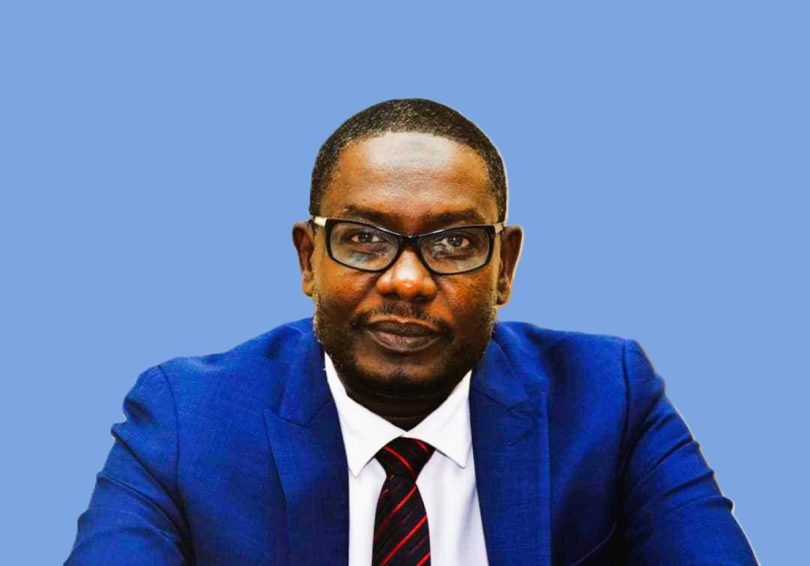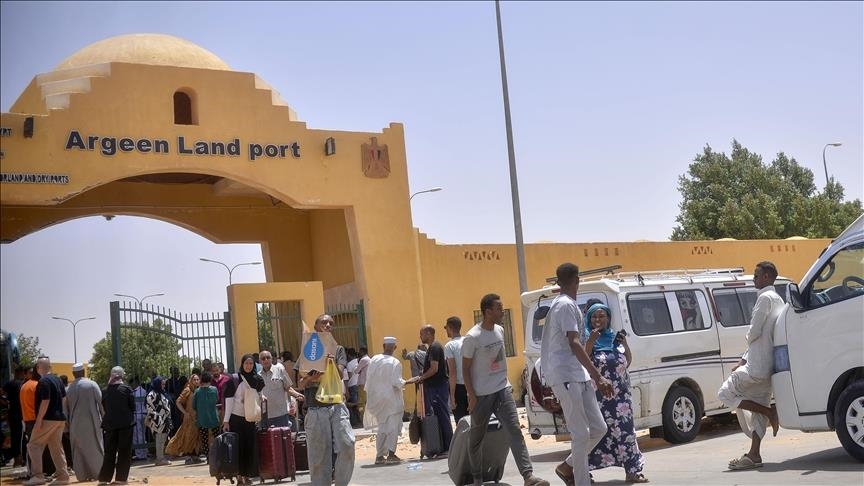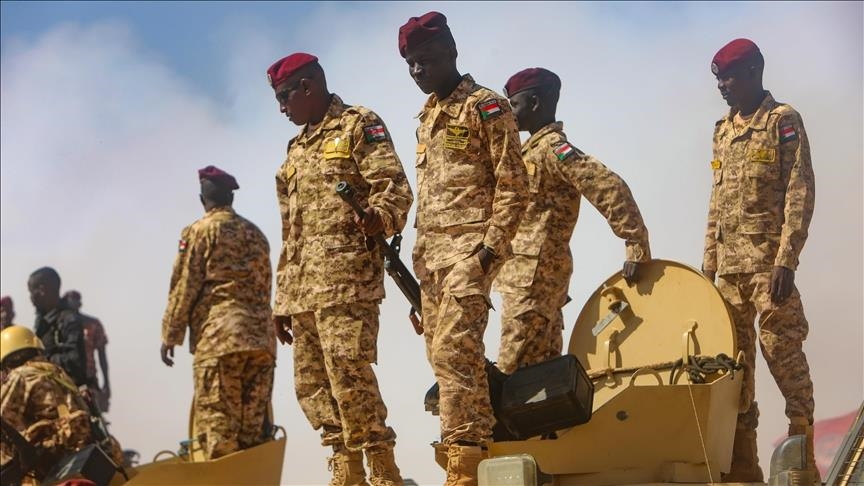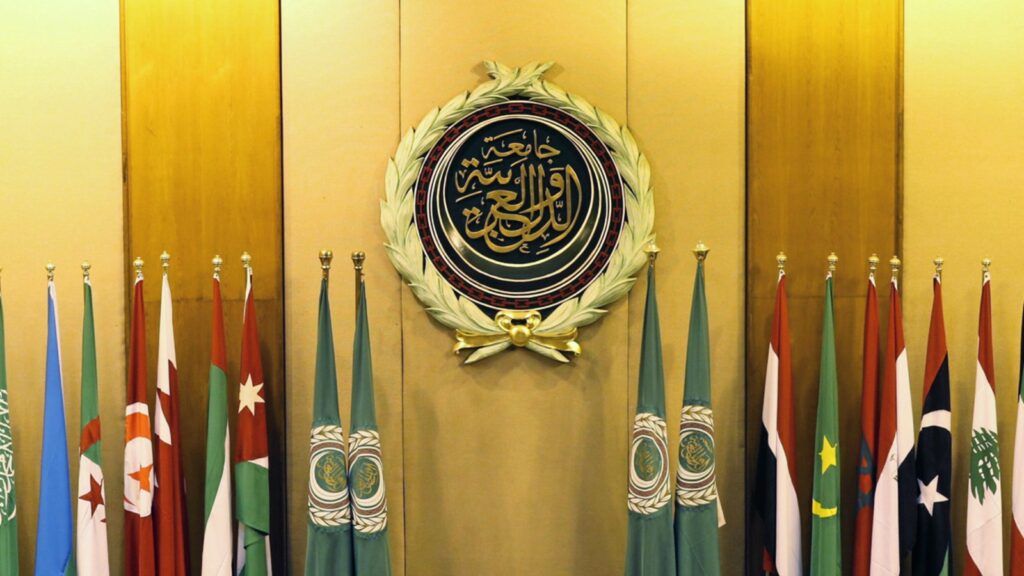
The Sudan Founding Alliance (TASIS) has named Mohamed Hassan al‑Ta’aishi prime minister of its transitional “Government of Peace,” a civilian administration being assembled in territory controlled by the Rapid Support Forces (RSF). The choice follows weeks of internal consultations among TASIS’ political and armed components, including the SPLM‑N, Sudan Liberation movements, and traditional administrations.
From student leader to state negotiator
Born in South Darfur in 1973, al‑Ta’aishi studied at Rahid al-Bardi primary school and Baram middle and secondary schools before earning a degree in economics and political science at the University of Khartoum. There, he emerged as a prominent activist, winning the 2002–03 student union presidency after a protracted struggle against the Islamist regime to restore the union.
After graduation, he worked in public sector reform: first at the Governance and Administration Development Agency in Khartoum (2005–2013), then at the Darfur Reconstruction and Development Fund. In 2014, he moved to London but stayed engaged with Sudan’s diaspora, publishing proposals to topple the old order and chart a democratic future.
Peace talks and justice agenda
Al‑Ta’aishi became a key negotiator on the Darfur track, advocating accountability and reconciliation, including handing International Criminal Court suspects to The Hague—positions he framed as central to the revolution’s ethos and the principle of no impunity.
Politically, he hails from the National Umma Party and was active in the Sudanese Professionals Association. He took part in civil society conferences in Doha (2009–2010). His 2005 book, “Reasons for Student Violence in Sudanese Universities,” examined campus conflicts tied to authoritarian politics.
Core beliefs
Colleagues describe al‑Ta’aishi as a proponent of ethical governance, women’s and youth empowerment, and genuine power-sharing across Sudan’s social spectrum—values he stressed during his tenure on the Transitional Sovereign Council and now brings into TASIS’ reshaping of the executive.




